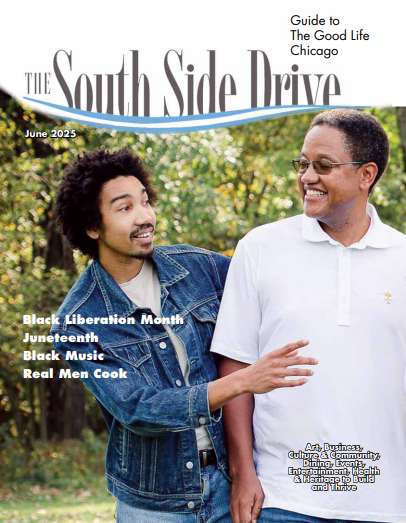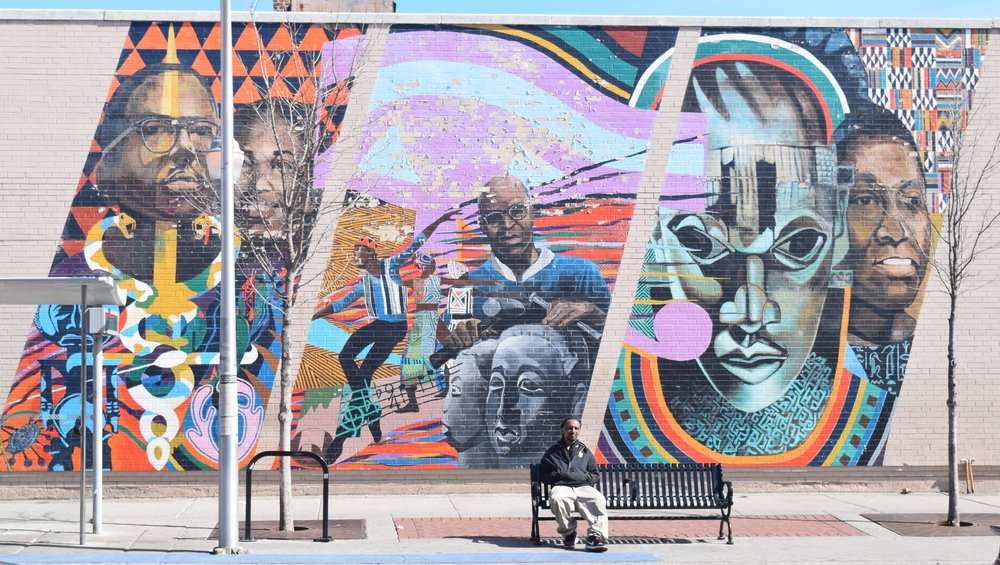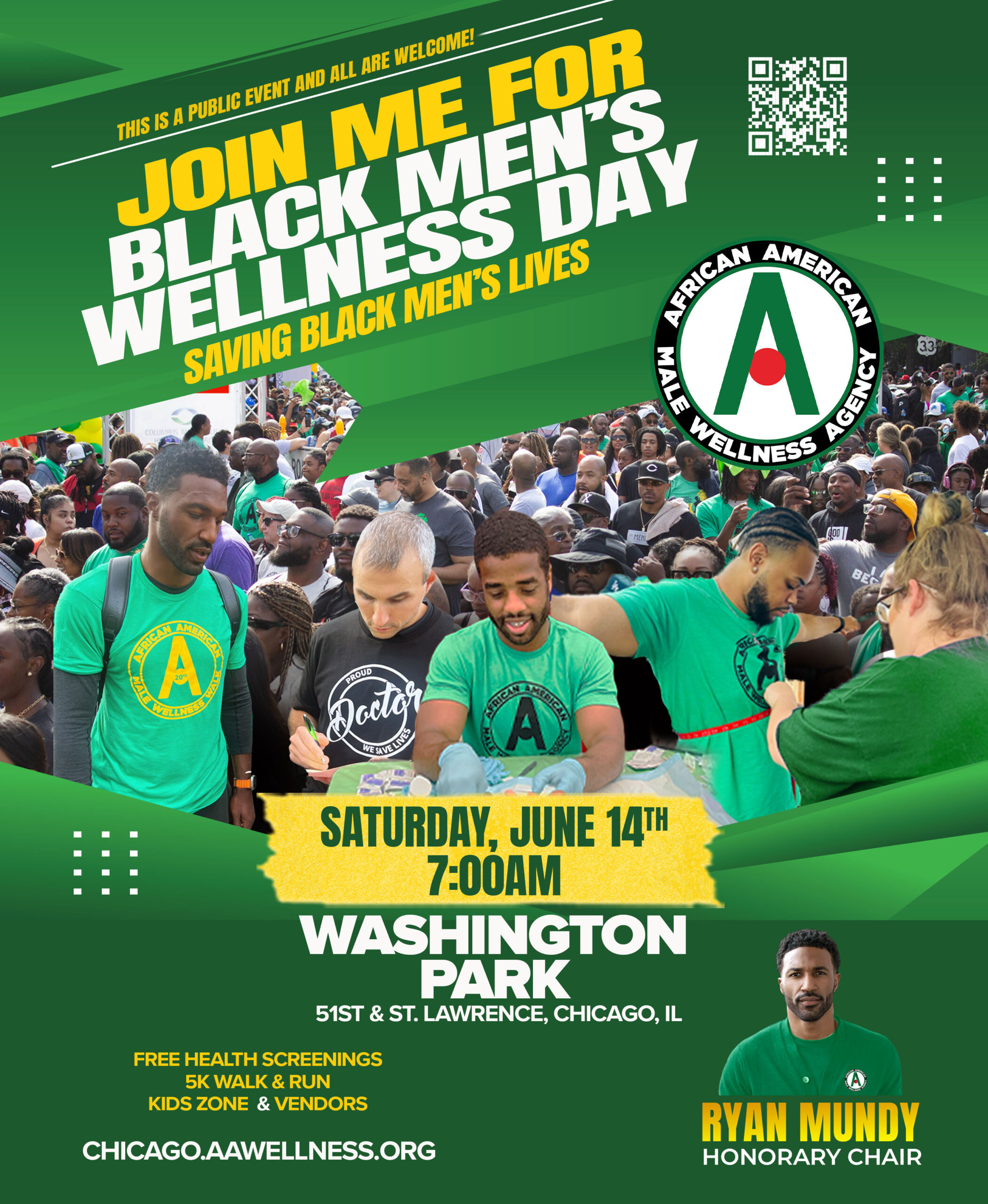In November 2017 singer and actor Tyrese couldn’t see his 10-year old daughter for a few months because his co-parent issued a restraining order. Tyrese was so distraught he posted a video of himself crying. I had empathy watching him because three days is the longest amount of time I can go without seeing my son before I become uneasy. However, a few months prior, I was embarrassed by videos of two Black male journalists, Van Jones and Gianno Caldwell, who cried on television in response to some racist comments made by President Donald Trump. I viewed Jones and Caldwell as weak for crying.
If you read “weak” as “feminine,” that’s completely on you. I never said that. I don’t think a crying man is more in touch with his feminine side. I see him more aligned with his human nature. My notion of the weak to strong spectrum has nothing to do with gender, and everything to do with power. I’m more likely to make an age comparison than a gender one. I’ll never say, “man up, quit acting like a girl.” But I will say, “you’re a grown ass man, stop acting like a little boy.”
Children are still leaning to experience and appropriately express their emotions. I will never tell a child to deny their true feelings, but I do feel it’s my parental responsibility to shape my sons’ emotional expression. I give them all the love and support they need when they fall and hurt themselves. But when one cries because he can’t have another cookie I won’t hesitate to say, “boy quit crying and go drink some water.”
I think the reason we cry matters. To be disappointed Trump said something racist suggests a level of unhealthy delusion. I don’t think he warrants that kind of power in our minds. Did Jones and Caldwell expect more from their President? I can’t imagine them being upset if they were prepared for his buffoonery. Maybe they expected dignity and leadership from him? That actually would be sad.
In 4:44, Jay-Z’s most gangsta rap album yet, he said, “I never wanted another woman to know/ Something about me that you didn’t know/I promised, I cried /I couldn’t hold.” Did he cry because he got caught? Maybe that’s harsh. I appreciate the vulnerability he expressed. Throughout his album there was a theme of how much pain he would feel if he lost his daughter, which I think opened him up to also feel the loss of his wife. “Cry Jay Z, we know the pain is real/But you can’t heal what you never reveal.”
Neal Brennan, a white male artist noted for his edgy writing on the critically-acclaimed Chapelle’s Show, in his beautifully insightful stand-up comedy special on Netflix said “I actually think Black dudes appreciated how openly sad I was because Black dudes aren’t allowed to be openly sad in public. The only way a Black dude can openly express sadness in public is if he does it with a saxophone.”
The question is definitely about expression. We know Black men feel, despite their best attempts to hide it. We know Black men mask sadness and fear as anger. We know Black men self-medicate to not feel. It seems, however, without more nuanced direction around emotional expression young Black men will continue to dismiss the prevailing plea of our time: to reassess the building blocks of our masculinity from the ground up.
I sell a t-shirt which says, “Men cry….” The t-shirt gets a lot of scoff from Black men. While the message serves as a reminder to Black men and our humanity – and emotions are not a woman thing – it only works if it’s effective. I’m wondering if we need to also teach crying sometimes doesn’t mean crying all the time. Perhaps Black men have been holding it in so long they fear opening a flood gate? Black men also still have to survive the harsh realities of their block or board room.
I don’t want a Black man to start sobbing at work if his boss chastises him, but I also don’t want him to pretend he wasn’t hurt. I want him to recognize the shame in his body, to allow it to pierce him deeply, notice where it hits him in his abdomen, make a connection between that feeling and his fear of losing the security of a job, hold a straight face, keep eye contact, and get back to work – not drown his sorrows at a bar or strip club before he goes home.
I don’t want a young Black man to think he has to try cry in the middle of the cafeteria when an upperclassman makes fun of his shoes. Instead he should feel his chest pounding, eyes watering, try not to blink, take deep breaths, ride the L, force a smirk, walk slowly to a bathroom stall where he can sneak a muffle cry in his sleeve, and go back to class
– not go to snapchat and tell his cousins to meet them after the last bell.
On the other hand, my younger brother has never seen me cry. I had no idea until he said it recently. It seems incredible to me because I cry all the time. There are songs, movies, and even some commercials which made me cry. I’ve cried so often because of our mother I can barely look her directly in the eye anymore. I can cry in an instant at the thought of my son getting hurt or dying.
I love crying.
I feel so much lighter after a good cry. It’s not because I hold it in when I’m around my brother; it doesn’t even come up. My instinct or man training or perceived duty to protect him from the burden of my pain makes it so I don’t know if I’m capable of feeling that intensely in his presence. Sounds like a man box when I describe it that way. What lessons do young Black men learn if I only cry in my car alone? How will they every know it’s okay?
Some men kill instead of crying. Themselves and others. We not gone change the entire culture of manhood overnight, but we can work more urgently to create safe and trusting spaces for Black men to gather and cry. Or just share. And we can teach Black men as soon as they can speak how to attach language to emotional experiences they naturally have.
We can teach the cleansing power of tears, encourage Black men to AT LEAST cry alone, and how to use the emotional signals our bodies give us to interrogate their source. We can teach Black men how to include the power of emotions as a part of decision making and successfully navigating the world as a Black man. It a tough world for all of us. We are clear trials and tribulations come with the job of being a Black man in America.
Crying should also be taught as a natural part of life for Black men, too. Sometimes.






